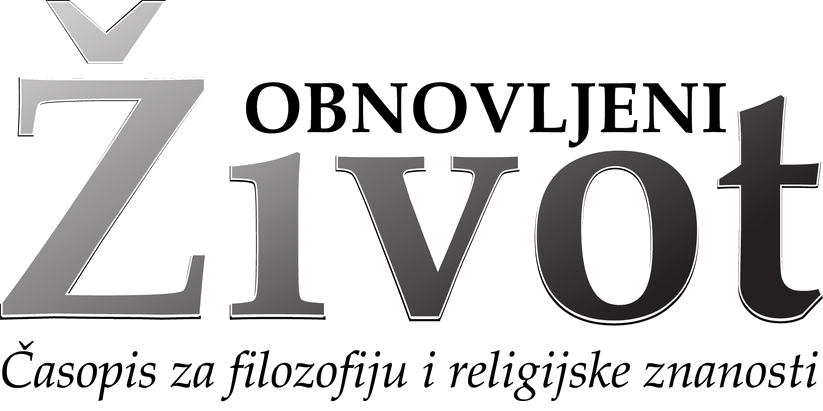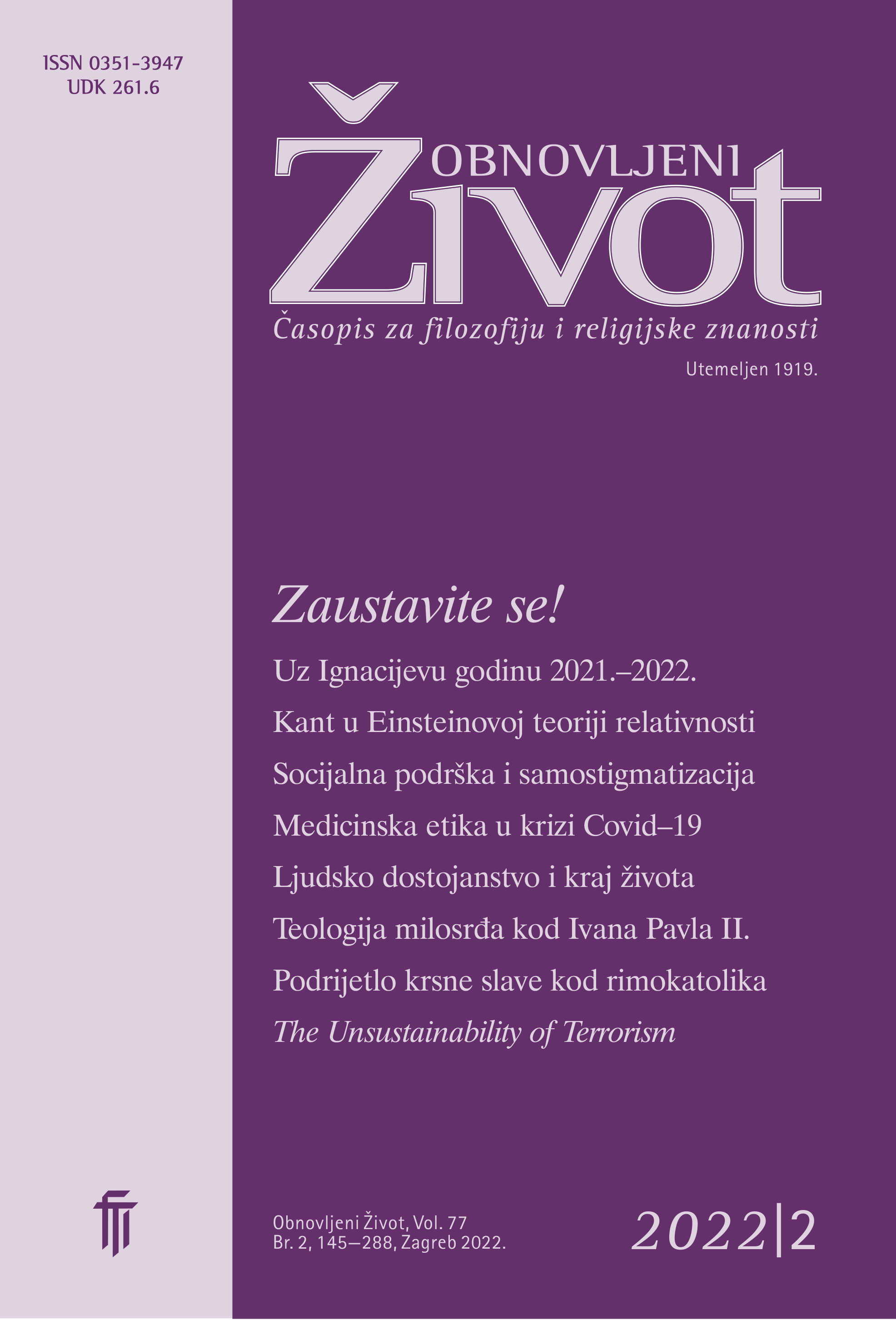The Origin of the Krsna Slava Custom among Dalmatian Catholics
Keywords:
customs, Catholics, Dalmatia, krsna slava, Croatia, family patron saintsAbstract
The krsna slava involves the custom of celebrating the feast day of a family patron saint which originated under specific circumstances in southern Dalmatia and Herzegovina. Key to the emergence of the custom of baptism are the disappearance of the titular of the parish and the lack of pastoral care which caused the practice of religion to wane in the family home. The absence of this custom in other parts of Croatia where refugees settled before the war with the Turks and the appearance of post–reform celebrations indicate that the veneration of a family’s patron saint began after the Ottoman conquests and before the Gregorian calendar reform, that is, in the 16th century. Patronal feasts were mass worship in its first degree from which the second degree derived, namely, the veneration of the patron saint of a village, hamlet, neighbourhood or fraternity. If only one family (bearing the same surname) lived in the same hamlet, then veneration passed to the third — lowest — degree of mass worship, and the saint became the tribal protector of a particular family. Precisely because the krsna slava stemmed from the veneration of a parish patron saint, terms are frequently confused as the boundaries between the degrees are often floating. The Gregorian calendar reform influenced the emergence of new krsna slavas among Catholics. The original pre–reform celebrations may be called super–celebrations and the post–reform celebrations sub–celebrations. The krsna slava was formed and developed parallely among both Catholics and Orthodox, as is seen in significant differences in the repository of saints who are revered. The krsna slava has completely died out among Catholics in some areas, while it is very much alive in the Neretva Valley, where it is a family festivity, and in Konavle, where it is a celebration of hamlets.
Downloads
Published
Issue
Section
License
Jednom prihvaćeni članak obvezuje autora da ga ne smije objaviti drugdje bez dozvole uredništva, a i tada samo uz bilješku da je objavljen prvi put u Obnovljenom životu. Uredništvo će obavijestiti autora o prihvaćanju ili neprihvaćanju članka za objavljivanje.
Članci objavljeni u časopisu se, uz prikladno navođenje izvora, smiju besplatno koristiti u obrazovne i druge nekomercijalne svrhe.


